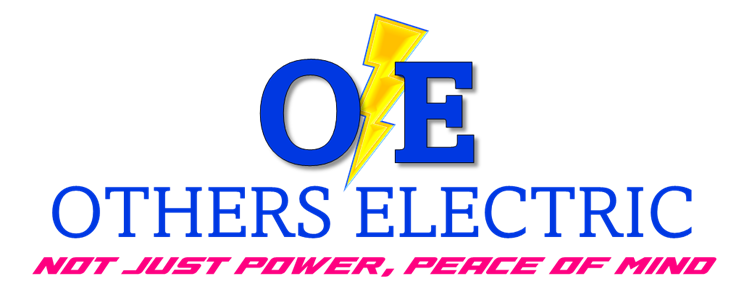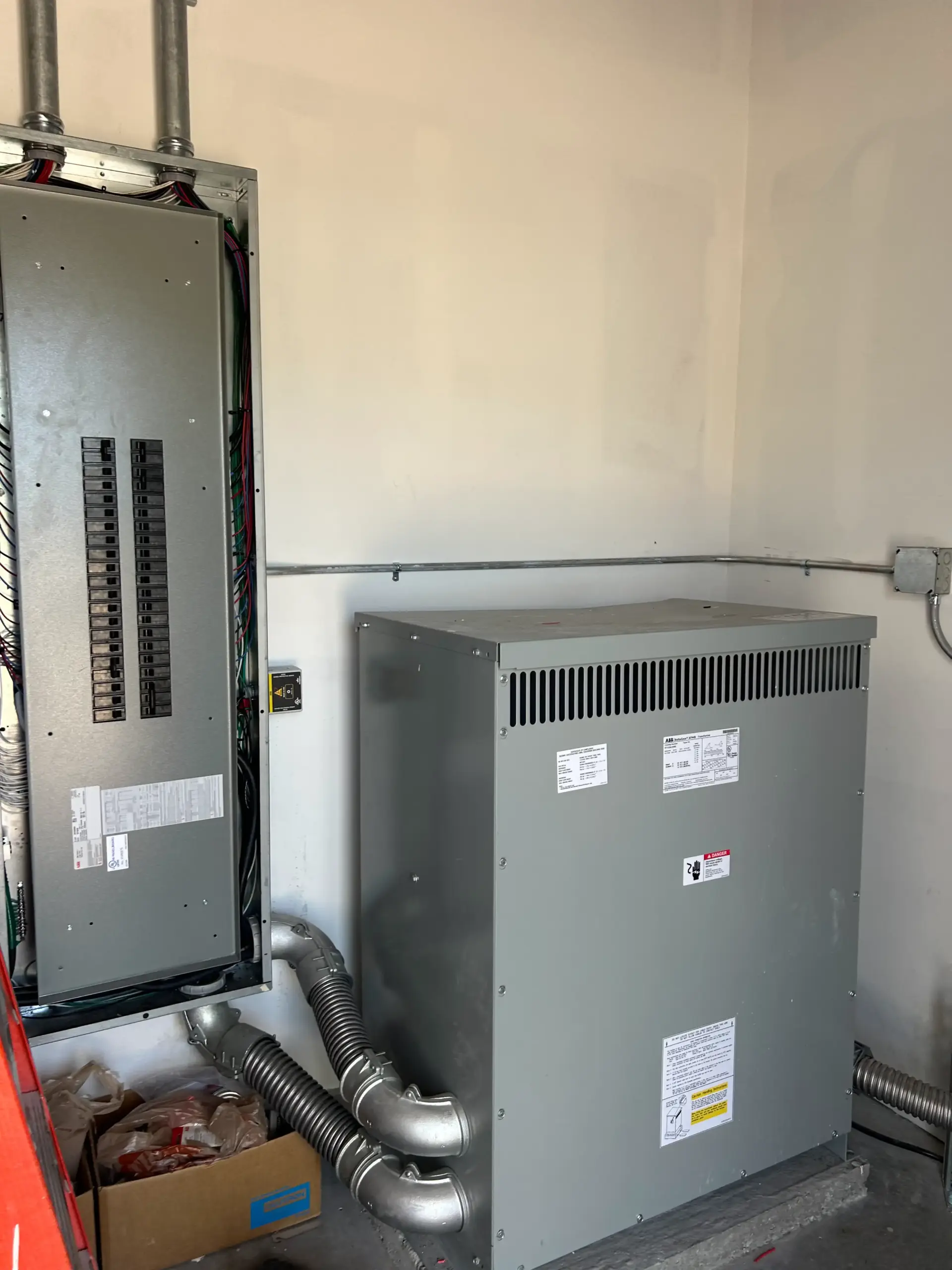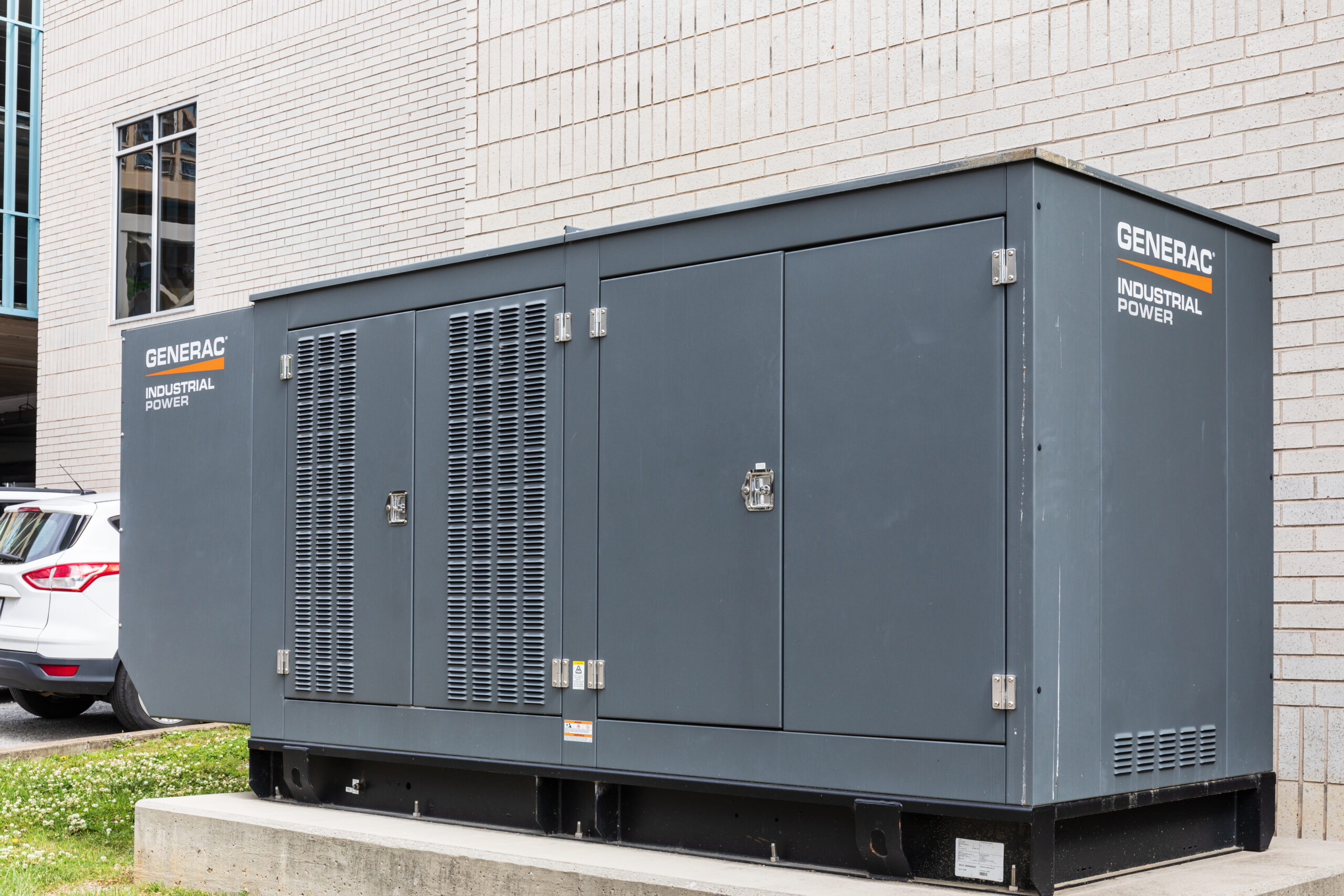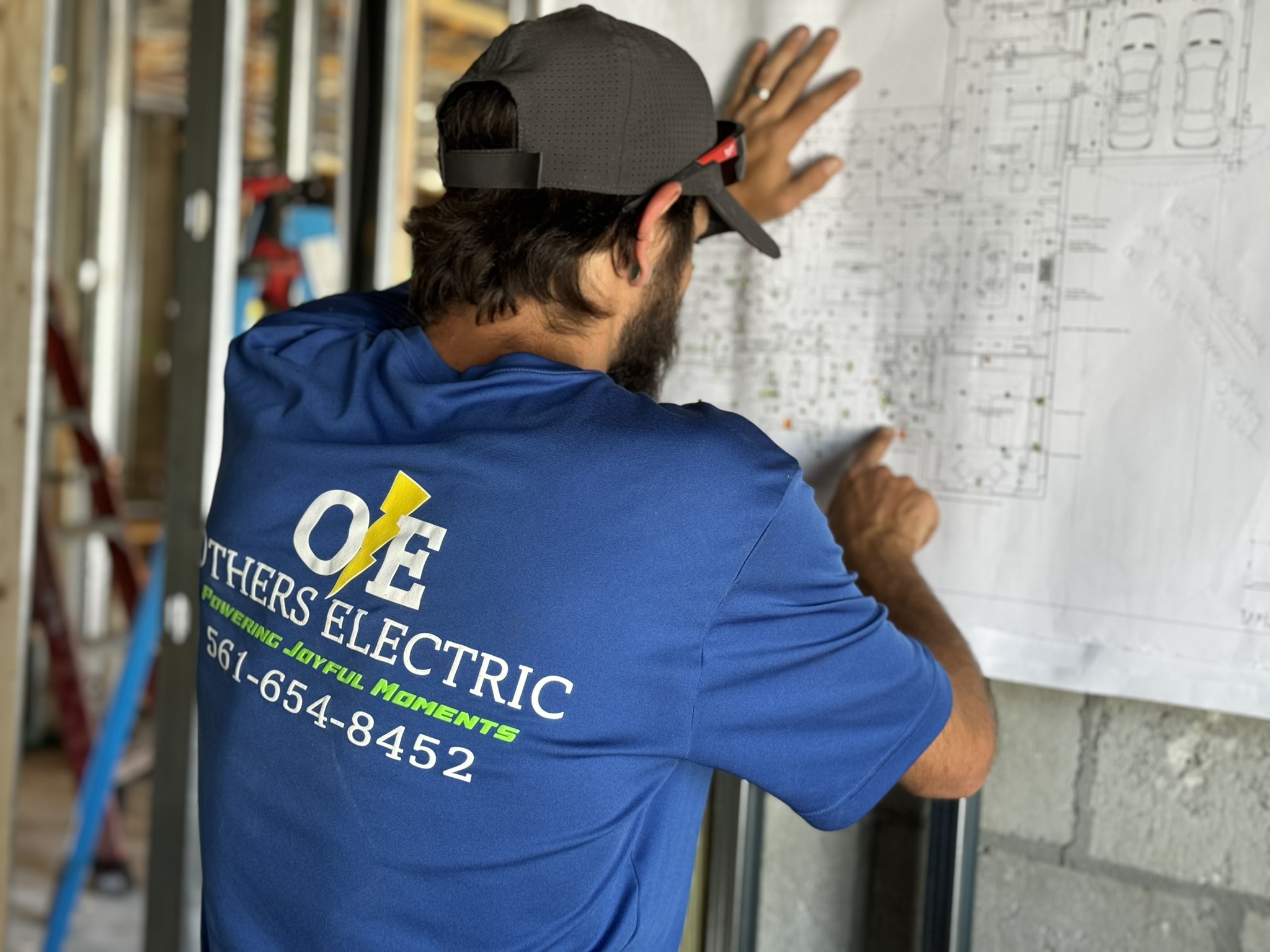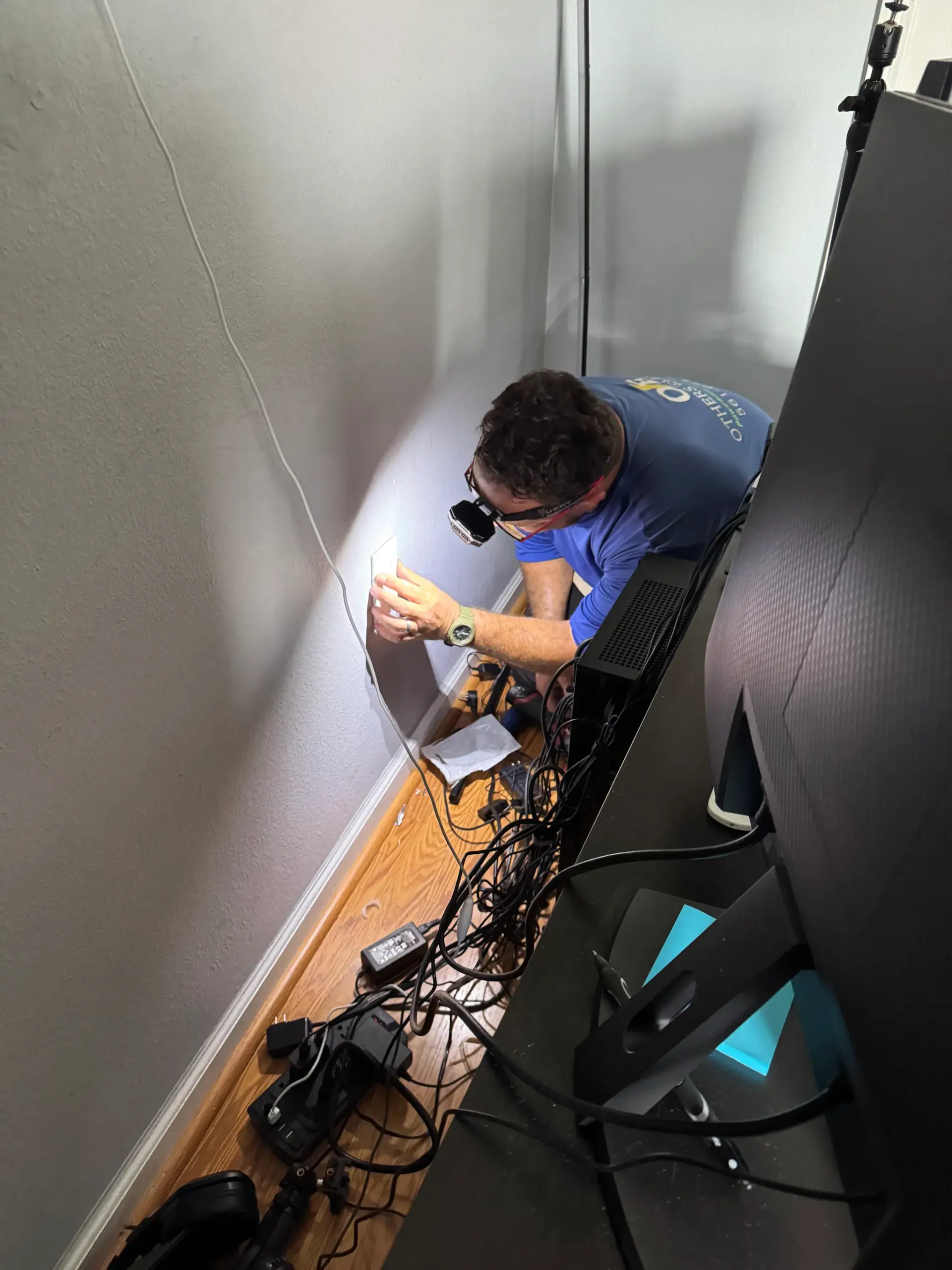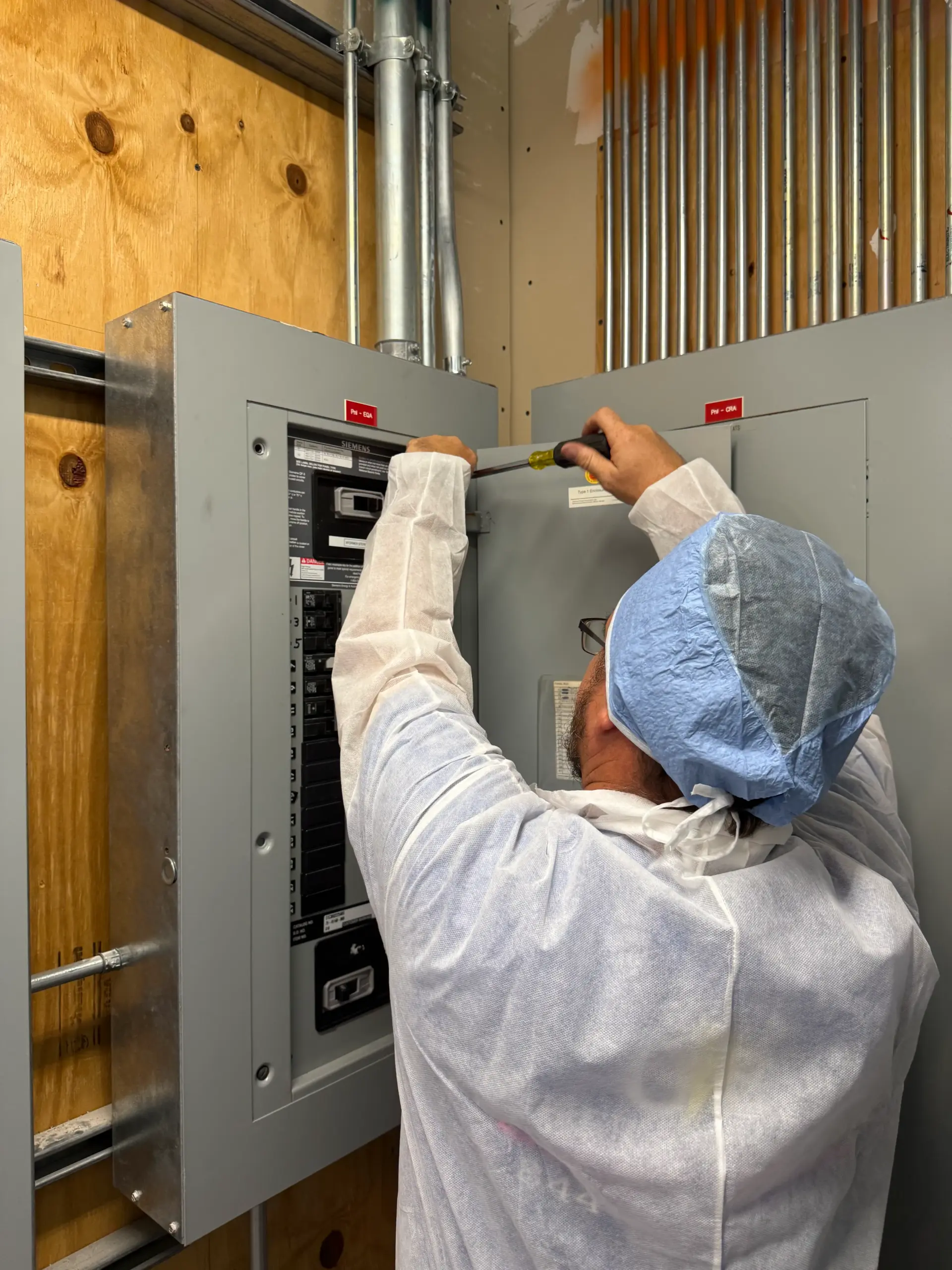What is power surge? The term “power surge” often comes up in conversations about home safety, especially in Florida, where thunderstorms and hurricanes are a seasonal norm. But what is a power surge, really? It’s more than just a flicker of lights or a quick reboot of your microwave clock. Power surges can cause significant, lasting damage to your home’s electrical infrastructure and the sensitive electronics you rely on every day. In this article, we’ll explain what a power surge is, what causes it, and how Florida homeowners can defend their property through smart planning and professional electrical upgrades.
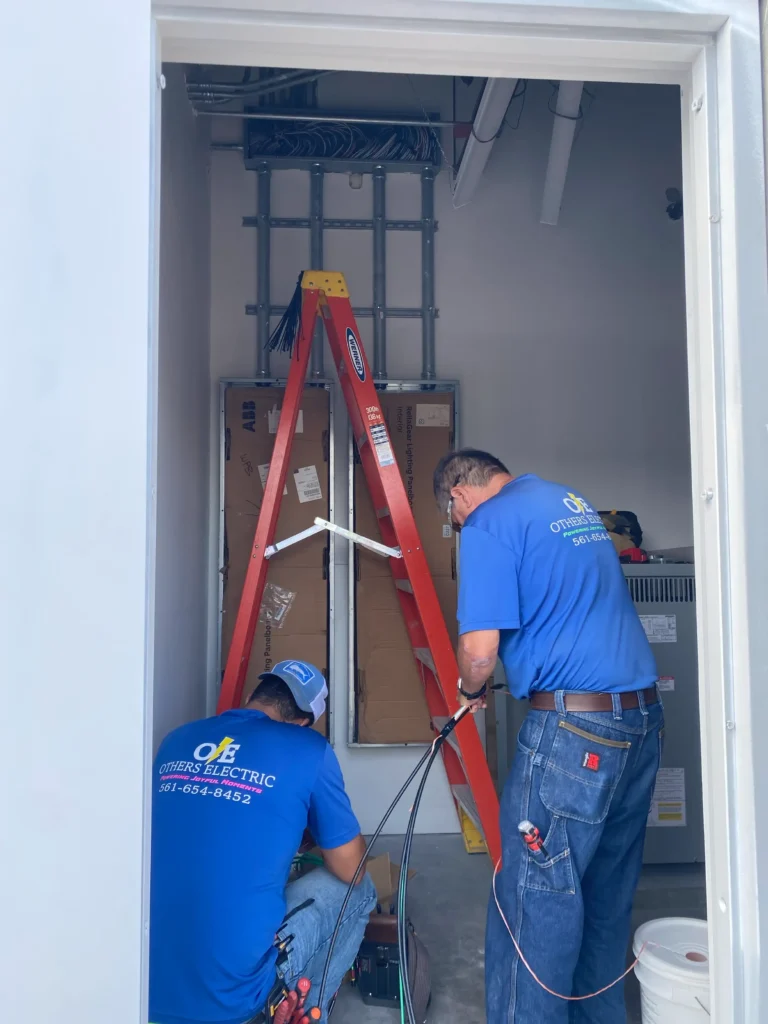
Understanding What a Power Surge Is
A power surge is a sudden spike in voltage that flows through your electrical system. Standard American homes operate on 120 volts, but during a surge, that number can briefly increase to hundreds or even thousands of volts. This excess energy can overload and damage anything plugged into the circuit—computers, televisions, appliances, HVAC systems, and more.
So, what is power surge damage? It’s the silent killer of home electronics, gradually wearing them down or destroying them outright. Even small surges can reduce the lifespan of expensive devices by degrading internal components over time.
Common Causes of Power Surges
To fully answer the question “what is power surge,” you have to look at its causes. Surges can originate both inside and outside the home. In Florida, one of the most common external causes is lightning. A single strike near a power line can send a massive voltage spike through the grid and into your home.
Utility grid switching, downed power lines, or transformer failures also cause surges. Internally, large appliances cycling on and off—like air conditioners or refrigerators—can create mini-surges, especially in older homes with outdated wiring or undersized panels.
According to the National Institute of Standards and Technology (NIST), even small fluctuations in voltage can lead to cumulative damage over time, especially without protective systems in place.
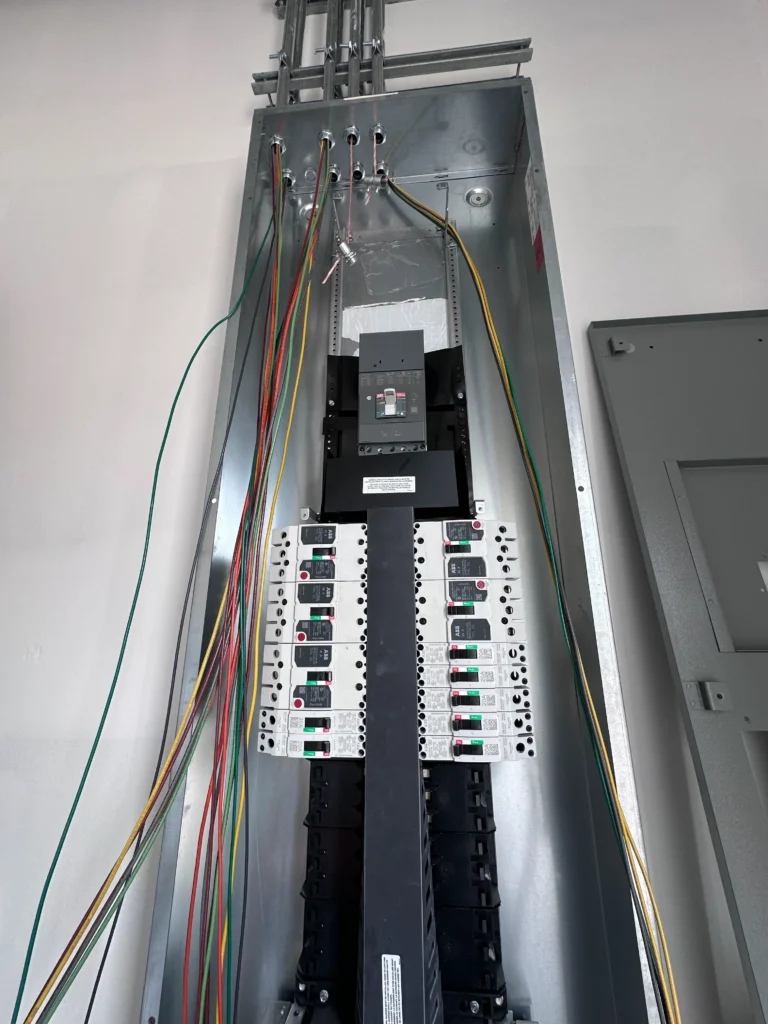
The Risks Associated with Power Surges
What is power surge risk in a real-world context? For homeowners, it can mean the loss of thousands of dollars in electronics and appliances. For businesses, it can result in lost data, equipment failures, and costly downtime. Power surges can also pose fire risks, especially when electrical components are overloaded beyond their safety ratings.
In severe cases, a surge can damage your electrical panel itself, rendering parts of your home unusable until expensive repairs are made. And in hurricane-prone areas, the combination of wind, water, and power instability creates the perfect conditions for surges.
The Electrical Safety Foundation International (ESFI) emphasizes the importance of surge protection as part of any comprehensive electrical safety plan, particularly in storm-prone regions.
Protecting Your Home from Power Surges
The most effective protection against power surges is a layered approach. A whole-house surge protector is installed at your main electrical panel and acts as the first line of defense. This device intercepts voltage spikes before they enter your home’s circuits.
In addition, plug-in surge protectors offer extra security for sensitive electronics such as computers, routers, TVs, and home automation systems. However, not all power strips are surge protectors—look for devices labeled with surge protection ratings, measured in joules.
Backup generators and solar energy systems should also be installed with surge protection in mind. Improperly wired or unprotected systems can send dangerous voltages back into your electrical panel.
At Others Electric, experienced electricians can help you assess your surge risks and install protection systems tailored to your home’s layout, appliances, and storm exposure.
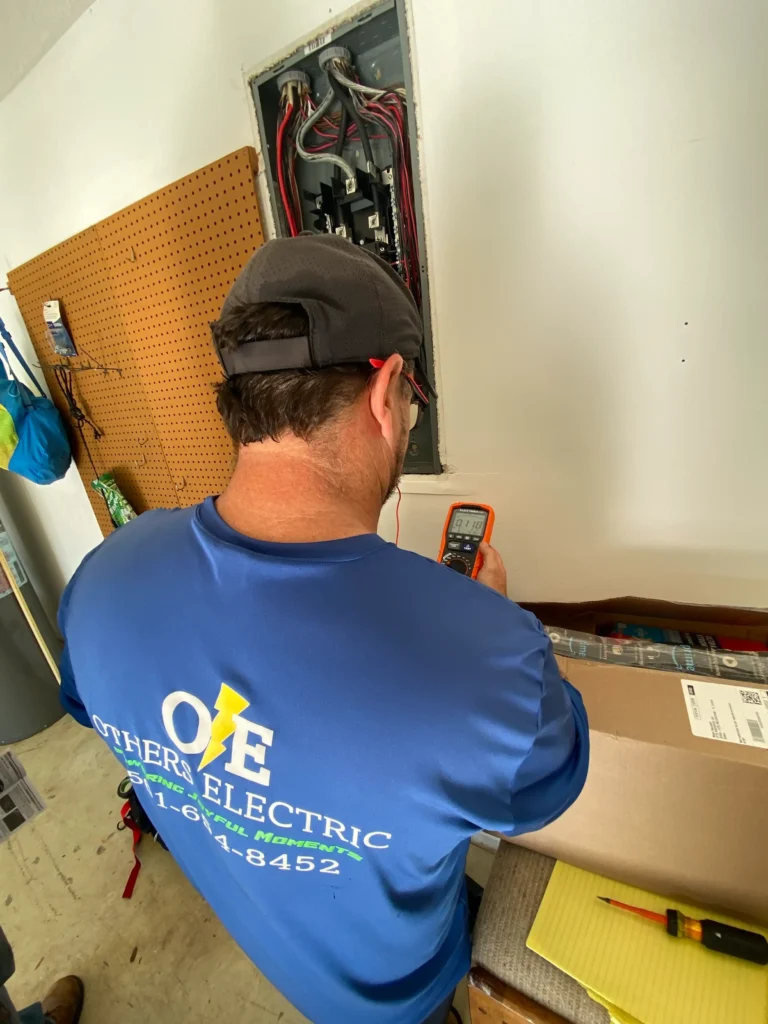
Surge Protection and Home Insurance
Some homeowners assume their insurance will cover surge-related damage, but this isn’t always the case. Many policies have strict limits or exclusions on electrical damage caused by surges. Keeping receipts and installation records for professionally installed surge protection devices can support your claim in case of damage.
If you’re unsure whether you’re adequately covered, speak with your insurer and request clarification on power surge provisions. Including photos of your home’s panel, outlets, and protective devices can help verify your level of preparedness.
For more on surge coverage and claim strategies, the Insurance Information Institute provides helpful consumer education resources.
Long-Term Investment in Electrical Safety
What is power surge prevention in the broader picture? It’s not just about the next thunderstorm—it’s about building resilience into your home’s electrical system. Upgrading outdated panels, ensuring proper grounding, and incorporating smart surge protection solutions are long-term investments in safety, convenience, and peace of mind.
Florida homes are exposed to more electrical stress than homes in calmer climates. As extreme weather events become more frequent, having a surge protection plan is not optional—it’s essential.
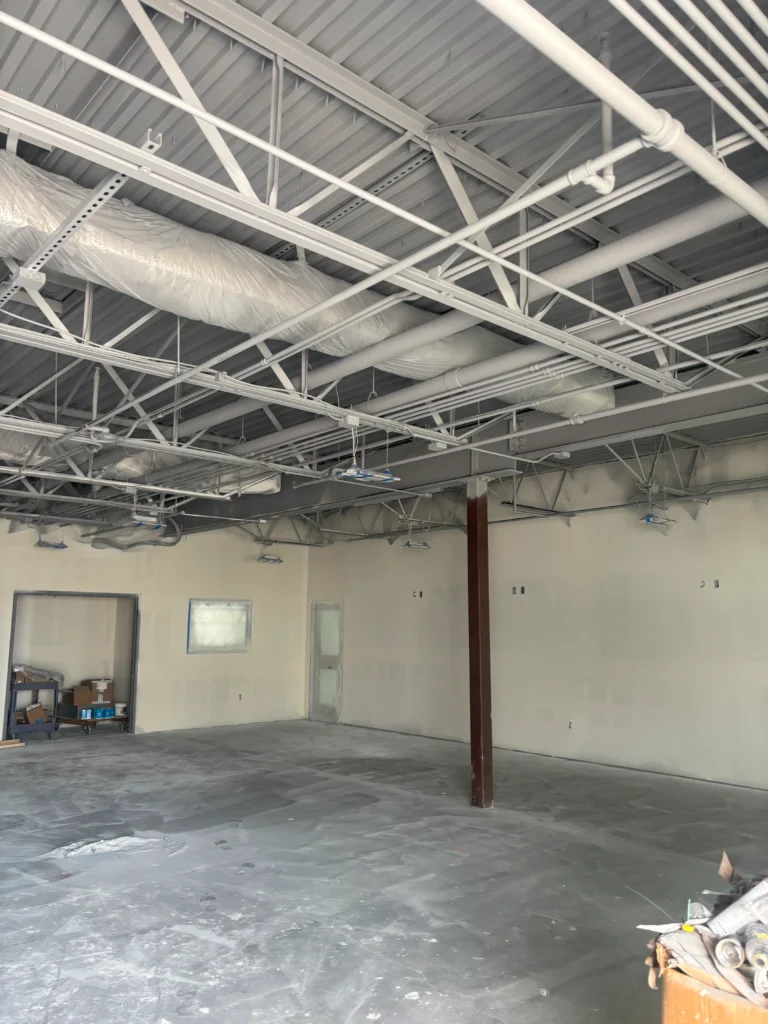
Conclusion – What is Power Surge
So, what is a power surge? It’s a sudden, potentially destructive spike in electrical voltage that can wreak havoc on your home’s electronics and wiring. In Florida, where storms are frequent and infrastructure is constantly tested, protecting your home from power surges is a vital part of storm preparation and everyday safety.
From whole-home surge protection systems to plug-in devices and panel upgrades, your best defense starts with proactive planning. The professionals at Others Electric offer expert surge protection solutions tailored to Florida’s unique weather conditions.
To learn more or schedule an electrical evaluation, visit our service page. For additional guidance, see the resources provided by the ESFI, NIST, and the Insurance Information Institute.
